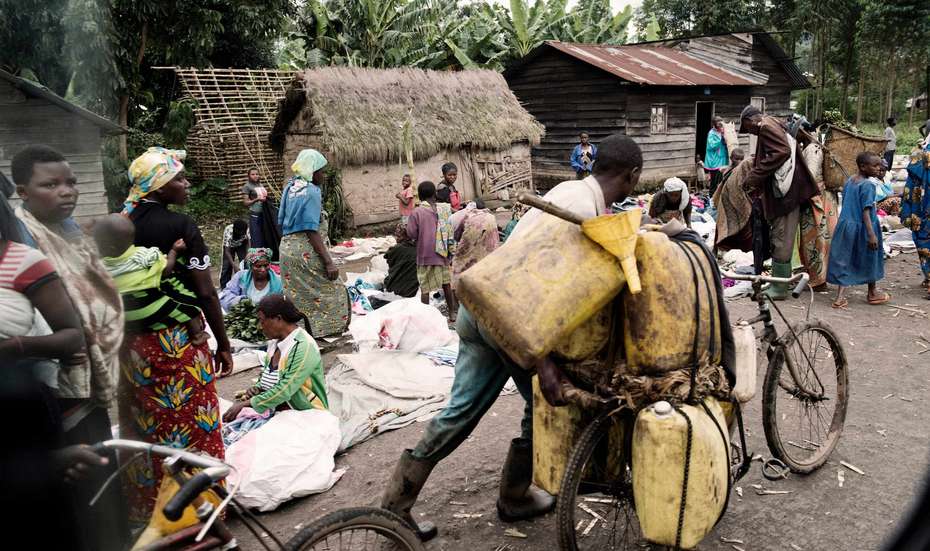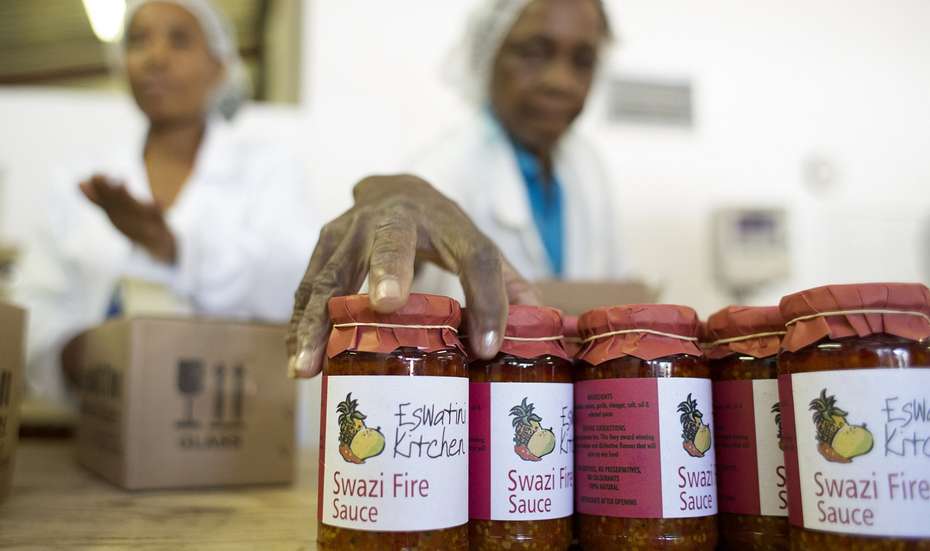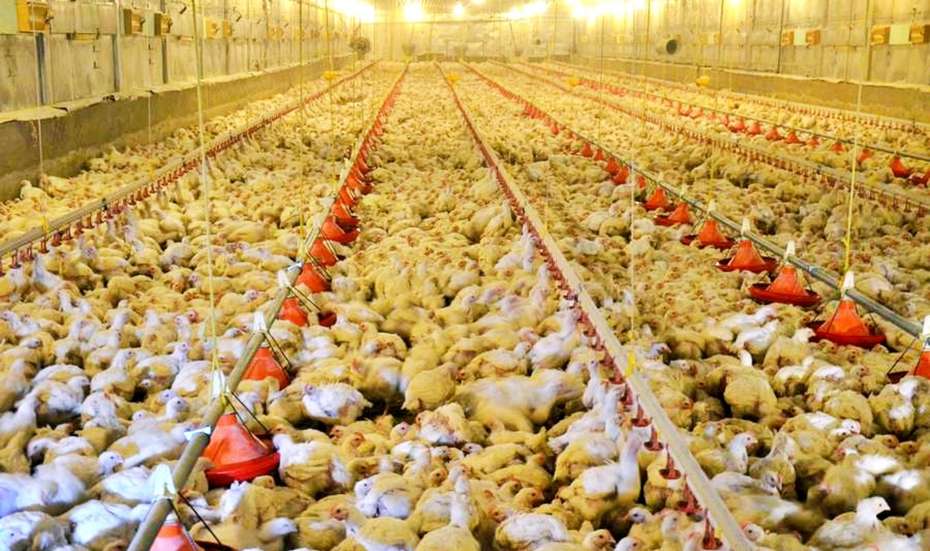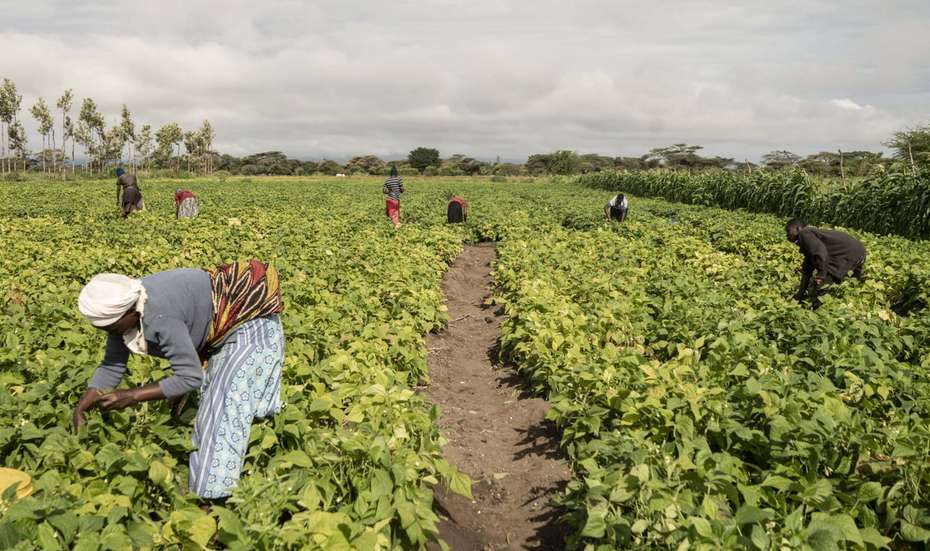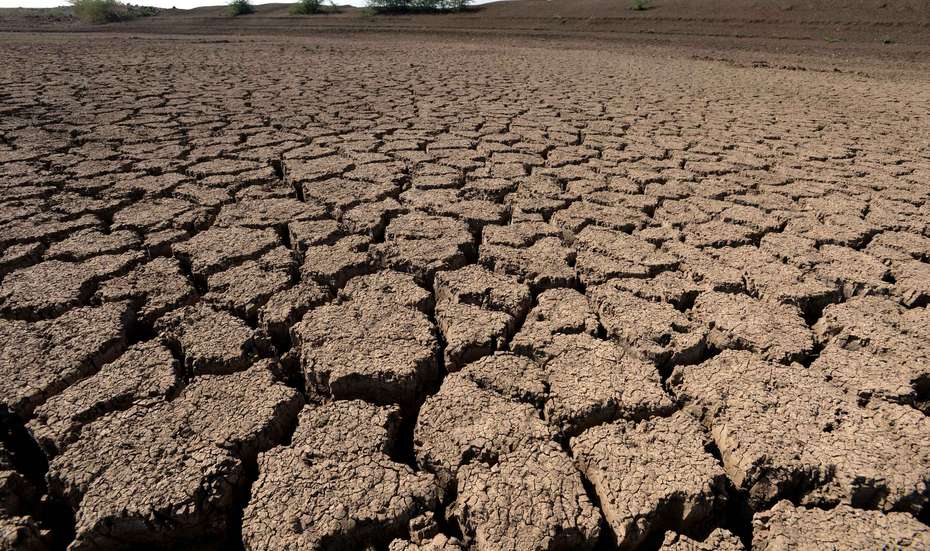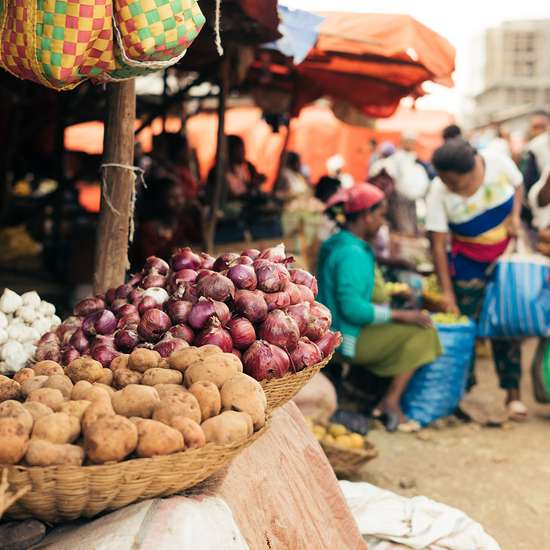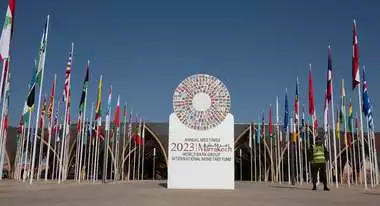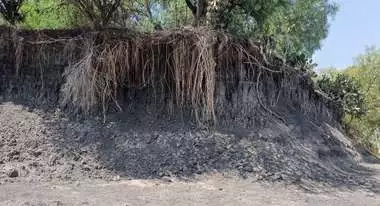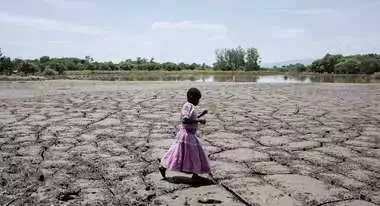"This summit must not become bogged down in ideological battles"
The UN Food Systems Summit’s top priority is to change the dysfunctional world food system. Joachim von Braun, agricultural scientist and Vice President of Welthungerhilfe, on the challenges of fighting hunger and the role of science.
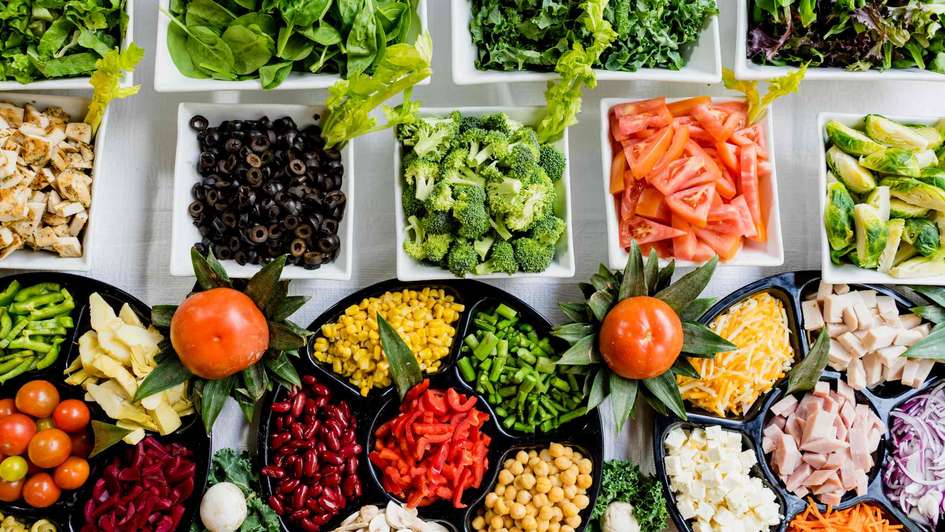
UN Secretary-General António Gutérres has called for a summit this autumn. The aim of the "UN Food Systems Summit" is to put food systems at the centre of the 2030 Agenda and transform them. Agricultural scientist and Vice President of Welthungerhilfe Prof. Joachim von Braun heads the Scientific Group for the UN summit. He explains the challenges of fighting hunger and the role of science.
Mr von Braun, how sick or how inefficient is the world food system?
The world food system suffers from three ailments: First, it does an insufficient job of overcoming hunger. Second, it does not prevent malnutrition, obesity and the problem of unhealthy diets. And third, it contributes to the endangerment of planet Earth. Moreover, the world food system is now suffering from the COVID-19 shock. It cannot adequately respond to pandemics and other shocks and is thus not sufficiently resilient.
How can a summit of heads of state and government contribute to making our food systems more efficient, environmentally sustainable and equitable?
Poverty and hunger reduction are at the top of the UN's 17 Sustainable Development Goals. However, if we continue as we have been, we will not succeed in eradicating hunger by 2030. A summit can help to draw attention to the world food system's problems and its environmental consequences at the level of heads of state and government. UN Secretary-General Gutérres' initiative makes the problems of the world food system a matter for the bosses, his priority and the priority of heads of state and government. The summit must help to challenge current policies and institutions. We need to break from "business as usual".

To date, there is no institution in the field of food and agriculture like there is in climate policy that provides a clear structure for the interaction between science and policy making.
Joachim von BraunWhat would be a desirable outcome of this?
We need new institutions and frameworks like a global agricultural trading system that has sustainable supply chains as part of its mandate. We need much more investment in the food system, and we need access to jobs and at least minimal social protection for those affected by hunger. Moreover, in the field of food and agriculture, there is, to date, no institution like there is in climate policy, where there is a UN committee, the Intergovernmental Panel on Climate Change, the IPCC, which provides a clear structure for the interaction of science and policy.
This summit is different from previous UN summits. Who will ultimately decide on the resolutions, will there be an outcome document?
This summit is intended to be action- and results-oriented. The focus is on five areas of action, the so-called "action tracks" on healthy food for all, sustainable consumption, sustainable production, income and economic development, and poverty reduction and resilience. These are the tracks from which the Summit's concrete recommendations will also emerge.
Will there be no negotiations between governments, as has been the case in the past?
This summit is not a summit for negotiation. The objectives are clearly anchored in the Sustainable Development Goals, which the heads of state agreed to five years ago. Now it is a matter of implementation, taking into account the context of each country, and of decisive global action. This is underpinned by a broad dialogue process taking place in countries and many forums, involving not only governments but also civil society, business and academia. We are also counting on extensive participation of young people. In the end, the proposals will be decided by the UN Secretary-General, who will of course consult with the decision-makers who will attend and prepare the Summit. The outcome document should show the way forward and promote the commitments of the relevant actors at national and global level.
What will happen after the summit?
There will be a follow-up process, otherwise the summit would be a failure. What exactly the process should look like will be discussed in the coming months and at a pre-summit in Rome in July.
Civil society representatives criticise a lack of transparency and inclusiveness, as well as the dominant role of the private sector. Do you agree with this criticism?
I am aware of this criticism. There are many opportunities for everyone to get involved. The summit process is still in a listening phase, so I cannot understand the criticism of some NGOs now. Without the food and agriculture sectors at the table in the summit preparation, this would be an unrealistic process. The private sector, such as the World Economic Forum, is not playing a dominant role, and there is only one business representative on the central advisory group, chaired by UN Deputy Secretary-General Amina Mohammed. The doors are also wide open for non-governmental organisations, and hopefully they will play a key role in the country-specific national dialogue events that are defining policies for the summit.
How do you see the role of the Committee on World Food Security (CFS)? Isn't this the central body for policy making in the fight against hunger, which enables civil society groups in particular to have a large say?
After the global food crisis of 2008/2009, the CFS was reformed. This strengthened the civil society mechanism. I am very much in favour of this. But if we look at the results, and this is by no means only the fault of the CFS, we do not have the institutional mechanisms at the global level to shape a sustainable, equitable world food system. There has even been considerable regression in the fight against hunger. Therefore, we cannot solve the fundamental problems with the existing institutions alone. We urgently need new approaches that lead to results for the people.
Does this also mean that the "Roman" institutions are up for discussion, i.e., FAO, WFP and IFAD?
No. I am not questioning any organisation. The highly sensitive issue is how a world of nine to ten billion people should organise its food system that allows for healthy diets for all without environmental degradation. We cannot pretend that this entails just a small adjustment in what is obviously not adequately solving the current problems. We are crossing planetary boundaries. There is enormous injustice. We need effective institutional and technological innovation, and we need to be pragmatic about it.
It is often said that there is a lack of political will on the part of governments to get on top of the hunger problem. Has anything changed in this regard?
Political will for implementation is urgently needed, but business, civil society and the media must also play their part in building will. If we put it simply, in terms of the willingness of industrialised countries to support agricultural development and nutrition in developing countries, there has been progress, especially by Germany, but also by Japan, France and even in the USA, despite the sad period of government that has recently ended there.
But money is not the only measure of political will. Another is the willingness to overcome entrenched structures and, for example, to put the relationship between Europe and Africa on a new footing and create fairness in European-African trade relations.
Africa is considered a continent in crisis. Are there African countries that have made progress?
We have looked more closely at the political will to improve the food system in African countries, and there was a study by the Centre for Development Research with the Malabo Montpellier Panel; there are a number of African countries like Ghana that have made excellent progress. In a multi-sectoral approach led by the National Planning Commission, the government has targeted interventions in health, education and agriculture to address malnutrition. In the process, strategic recommendations gained from pilot programmes were extended to other parts of the country in cooperation with development partners. The willingness to systematically learn from success stories is remarkable within Africa.
What would it cost to fight world hunger?
Largely ending hunger by 2030 is expected to cost about $39 billion to $50 billion a year in additional investment over the next decade. Given the enormous sums being spent to soften the blow of the COVID-19 crisis, these are actually relatively modest amounts. The contribution that industrialised countries should make ranges from an additional $14 to $15 billion per year. This amounts to a doubling of the current development aid for sustainable hunger reduction.
Where should the money go to?
These are not only funds for acute hunger relief – that is very important to me to emphasise – but also for sustainably overcoming hunger. This includes innovation in production systems, sustainable agricultural production, advisory services, education – especially for women; all of which have been proven to be very effective in fighting hunger in the medium term. But substantial investments are also needed for better social protection measures, i.e., cash or food transfer programmes. No finance minister can shirk this and claim that it is unaffordable to fight hunger. It really isn't.
When it comes to costs, subsidies also come into play; an estimated $700 billion flow into agriculture worldwide. Do we need to rethink this?
Yes, this needs to be addressed. Agriculture worldwide is in a permanent process of transformation. Many livelihoods are at stake, and therefore the issue cannot be addressed with a panacea. But the six to seven hundred billion spent on subsidies in the agricultural sector is a problem that should be discussed at the summit – similarly, the fossil fuel subsidies that still exist in many countries. These subsidies need to be transformed into appropriate investments that make the food system more stable, equitable, efficient and sustainable. This is a challenge for heads of state! It's clear that ministers of agriculture, left alone to deal with this major issue, will not solve the problem.
Will the summit also discuss the realisation of the human right to food?
There is no other area where the human rights of so many people are violated as in the food system. It concerns not only the right not to go hungry, but also the right to a sustainably produced and healthy diet. We can only make progress if we involve the entire human rights community in the fight against hunger. We need judges and lawyers as well, and where possible, national and international legal action.
How can the most vulnerable people, who suffer most from hunger, be involved in political processes?
Through mobilisation and through representation of interests. As Chair of the Science Advisory Board for the summit, I was pleased to see how quickly and constructively the global representatives of indigenous peoples organised themselves and reached out to us. These often-marginalised peoples have gained valuable experience in managing their food systems on marginal sites over centuries. They must have a voice in the summit process, and they certainly do.
What role does agricultural research play? It has been criticised for focusing on only a few plant species such as maize, wheat and rice and neglecting the potential of many other plants, especially in relation to climate change and nutrition.
It is an unusual decision by the UN leadership to give science a very important role in the summit preparations. All fields of research relevant to the food system are represented: nutritional sciences, health research, life sciences, plant breeding, climate research, economics, etc. In agricultural research, a lot changed in the past twenty years, namely, toward more intensively promote and research traditional neglected crops, but also animal species. An important piece of scientific evidence in this regard: Agricultural innovations developed and implemented together with smallholder farmers, and linked to advisory services, achieve the best results at the lowest cost. This is key to overcoming hunger and moving towards a sustainable food system.
It is true that maize, wheat and rice are still the most dominant crops in the world, and progress in the field has saved many from starvation. But they have not given us a healthy food system. The shift to more diversified agriculture is now also making its way into large-scale monocultures in the USA and South America, which are brutally bumping up against their sustainability limits.
But aren't these large-scale monocultures that are still spreading the problem? Shouldn't we put more emphasis on small-scale agriculture?
Agricultural structures can only be changed slowly. Incidentally, small-scale farming can be just as damaging to the environment as large-scale farming. We have to look closely. Unfortunately, expansion of agriculture into rainforests has again increased in recent years. We are watching this very carefully; the control mechanisms have become too lax. It is crucial that we, as consumers, pay attention to the labelling of products and their supply chains. There is no excuse for us anymore, because we know what damage we create with unsustainable consumption. Today, we can trace the individual soybean to the pixels of satellites back to the rainforest.
But aren't consumers already overwhelmed by a jumble of labels, seals and symbols? Wouldn't it be better to transfer responsibility directly to the companies?
We all have a responsibility. Measures for sustainable consumption is one of the five focal points in the summit preparation. Of course, companies are also required to pay attention to the health and sustainability of food. We need an effective law for supply chains and corresponding regulations at EU and international levels that oblige companies to respect human rights, protect the environment and comply with social standards. And we need informed consumers.
The hidden costs of economic activity, i.e., environmental and health damage, are often not included in companies' profit and loss accounts. Doesn't this need to change?
The summit is called "Food Systems Summit" precisely because it is about overcoming systemic problems, i.e., also indirect effects. Negative environmental impacts of agricultural practices incur costs that are not counted in the market. This big issue – the true cost of food – is on the summit's agenda. For example, the costs of unsustainable land use, leads to soil degradation and loss of production and destruction of ecosystems. These costs amount to about three hundred billion dollars per year worldwide.
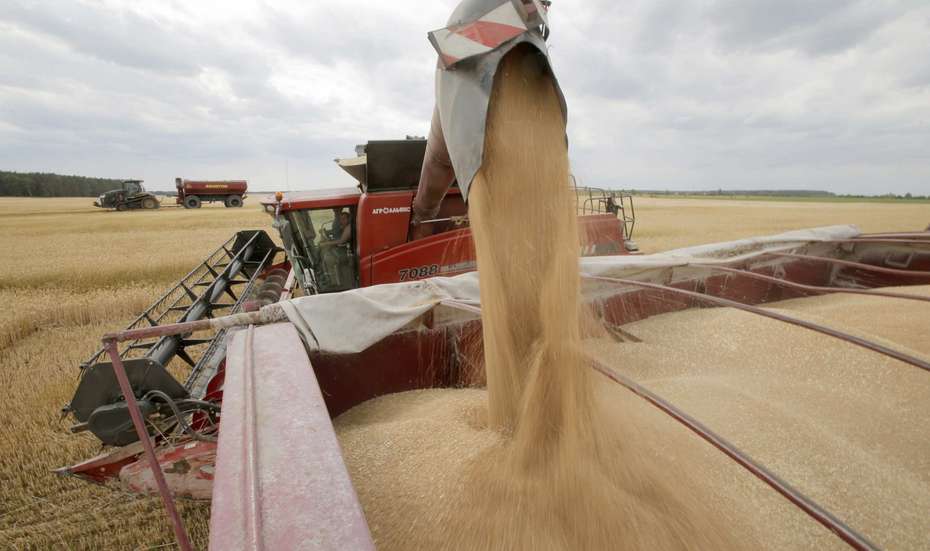
And climate change?
Agriculture suffers from climate change, but also causes it. About a quarter of greenhouse gas emissions come from agriculture and forestry. That cost of climate change is another hundreds of billions that are not priced into food. There is also the cost of malnutrition from processed foods with too much sugar and fat. Obesity is not only a human health tragedy, but also a major cost factor for national economies, increasingly in developing and emerging countries as well. These economic costs must be on the agenda of the food summit. In comparison, the costs of overcoming hunger are negligible.
The summit will probably once again bring together conflicting schools of thought, such as the representatives of agroecology on the one hand and the advocates of a more conventional or technologically oriented agriculture on the other, even if this is a very simplified division. How will this be handled at the summit?
That is a good question. If they are schools of thought, then they both need to go back to school, because this division makes no sense from a scientific point of view. I mean, for example, the discussion about fertilisers. Of course, plants need nutrients. Where they come from and if and how they are brought to the roots in a sustainable way, and which crop rotations in a particular location allow for carefully aligned land use, that is a well-founded agronomic question that must be answered in the respective context. The summit must not get bogged down in ideological battles, but must focus on the challenges, especially with regard to smallholder farmers in developing countries and the question of how they can move from a level of low productivity in arable and livestock farming to more income with productivity and sustainability.
What contribution should Germany make to the summit?
Germany has positioned itself in an outstanding way in recent years because, according to our research, it is the largest investor in agricultural development and hunger reduction among the development partner countries. However, I would not only like to see more money from the German government, but also for it to take a leading role in the issue of institutional reforms for the food system.
What does that mean in practice?
The world food system must be underpinned by a rules-based, sound agricultural trade policy geared towards sustainability and efficiency, with resilient value chains. This is very important, also in order to safeguard the comparative advantages that developing countries have and are currently unable to fully exploit. A second area is our contribution to innovation. As a major research centre, Germany should get much more involved in research partnerships for sustainable food systems in developing countries. Finally, Germany's increased involvement in the European alliance for overcoming wars and conflicts is important, because conflict greatly exacerbates hunger. The summit should address this as well.
This article was written by:




